Prepare for the future by doing different things now
Schoolwide Organisation for 2019
"If you do not change direction, you may end up where you are heading." - Lao Tzu
"If you always do what you've always done, you'll always get what you've always got." - Anon
One of the greatest challenges for educators is preparing our students for a world that no one has seen yet. We have glimpses of it. We know that in our own lifetimes technology has brought incredible changes that have made what was once mere science fiction a reality that we take for granted. It never occured to me, even as a teen ager, that I'd one day carry a phone around in my pocket and that this phone would not only allow me to make calls, but also tell the time, play music and movies, read the newspaper and so much more. We can only guess at the changes that are still to come, which will impact the world our children are growing up to live and work in.
So what of this future that we are glimpsing? What we can safely suppose, is that it's going to be different to now. The future of work is likely to be so vastly different that 85% of children at Ridgway School will have jobs that are not even invented yet (1). How then do we prepare our children to be successful in a world we will hardly recognise? We don't have a recipe or a blue print to follow. No one has 'done' the future yet. But we do have to change direction and make sure that we are not heading to the same place we are now. We've got to do school differently to the way it's been done in the past or we'll only be preparing our children for the world as it is now.
We may not have a recipe or an exact blue print, but we do have plenty of research to guide us. This research does not give us step by step instructions; teaching is not a paint by numbers activity. The work of teachers is to apply the research we do have in our own schools, adapting and implementing changes to suit the needs of our children. Our work is to innovate and refine. To continually seek to improve our practice, making adjustments to our programmes and tweaking our organisation and systems so that our learners get the best possible education.
What does the research tell us?
-
Relationships are the most important thing. With children. With parents. With colleagues.
-
One size does not suit everyone - what works for some will not work for others.
-
More students leave school with greater knowledge and skills than before.
-
New Zealand's education system still has lots of inequity that must be eliminated, and this can be done by using Universal Design for Learning (2) and working deliberately to recognise the strengths and knowledge that children and their families bring to school.
-
Ability grouping prevents students who are behind from making progress
-
Learners need to have some control and choice in their learning
-
Many of our traditional practices have little benefit to learning, but these are sometimes the things parents expect to see (e.g.quiet classrooms, neatly ruled up books)
-
Collaboration between teachers and between students is a powerful lever for raising student achievement.
- creativity, complex problem solving, critical thinking are key skills needed for success in the future (3)
- children need to learn how to learn (rather than just learning about things)
In 2019 we are making some changes to how we organise ourselves for learning at Ridgway School. We are doing this to make better use of teacher strengths across each whānau group and to provide children with more choice in their learning. We believe that doing this will help us to better prepare our children for their future.
Another reason for increasing the collaboration between teachers is to find efficiencies in our systems that will over time reduce the workload on teachers. Reduced workloads will have a direct benefit to our learners as their teachers will have more energy and time to offer creative learning opportunities and be more relaxed and ready for fun.
If you've read this far you are probably getting impatient to know exactly what the changes are and what it will actually look like. View the Organisation 2019 slide deck.
Mā te wā
Kathryn Smith
1The Dell Technologies' Realize 2030 report, suggests that 85% of jobs in 2030 haven't been invented yet.




Find us on Facebook
Copyright 2020 Ridgway School | Contact Us | Designed by Expert and Powered by MoST
Playground design by Mark Newdick, Photography by Andy Spain